The main aim of EDEC group is to improve environmental risk assessment of endocrine disrupting chemicals (EDCs) and contaminants of emerging concern (CECs) in aquatic ecosystems, developing new methodologies to assess their effects.
Addressing the impact of deep-sea mining and accidental marine spills are also current research aims. The group uses a multi-parametric approach that combines molecular and cellular biology, modeling and bioinformatics, ecological modeling, biochemical, ecological and ecotoxicological tools, and population relevant endpoints such as embryonic development bioassays, full life-cycle and multi and transgenerational assays. We aim to understand the mechanisms of toxicity of EDCs and CECs, single and in mixtures, and their impact in the aquatic ecosystems. We are particularly interested in understanding the transgenerational effects of EDCs and CECs and the underlying chemical’s mode of action (MoA), including of those chemicals modulating nuclear receptors (NRs). We use ecological modeling to project the ecological costs associated with chemical exposure. Linking adverse-effects endpoints of EDCs and CECs with the chemical’s mode of action (MoA) is transversal to all themes of the EDEC group. Our approach takes into consideration an evolutionary perspective thus focusing on the impact of EDCs and CECs across different phyla. Since the endocrinology and the genomic constitution of most invertebrates are poorly characterized, a parallel aim is to improve the understanding of invertebrate’s endocrinology and signaling pathways and link it with the impact of EDCs in key biological process. The group combines both field and laboratory studies.
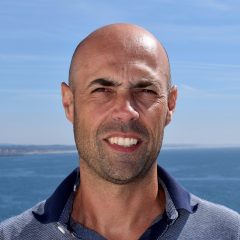
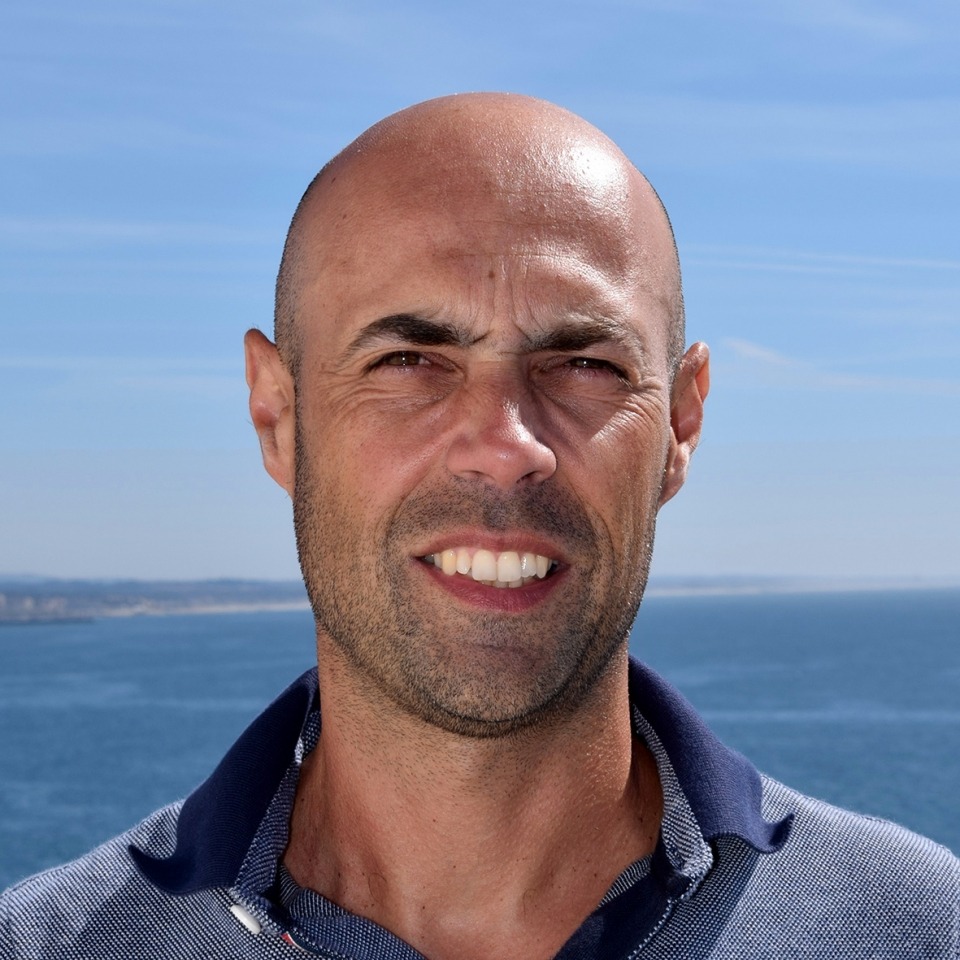
Miguel Santos is a professor at the Department of Biology of the Faculty of Sciences of the University of Porto and the head of the Endocrine Disruptors and Emerging Contaminants Team at CIIMAR. He received his PhD in 2002 in Biology from FCUP-University of Porto with a joint supervison at the Netherlands Institute for Sea Research (NIOZ). His research interests focus on the hazard assessment of endocrine disrupting chemicals and other priority and emerging contaminants.
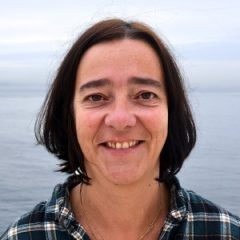
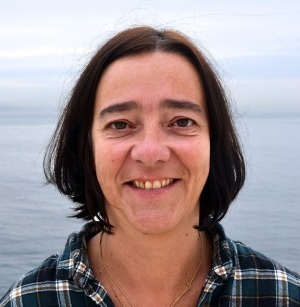
T.Neuparth hold a PhD in Environmental Sciences(2004) at Nova University of Lisbon. Since then, she has carried out 13 years of Postdoctoral research and from 2018-2023, was Auxiliary Researcher at CIIMAR Endocrine Disruptors and Emerging Contaminants Group-EDEC, becoming Principal Investigator at CIIMAR in2023. She has been conducting research on risk-assessment and management of environmental contaminants that involve multi-level markers in full-life-cycle, multi and transgenerational bioassays. T.Neuparth has also been involved in the preparedness to HNS spills and in studying the impacts of deep-sea mining. Recently, she has expanded her interests to Transgenerational Epigenetic studies in the context of environmental sciences.
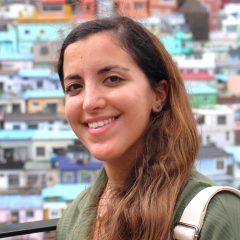
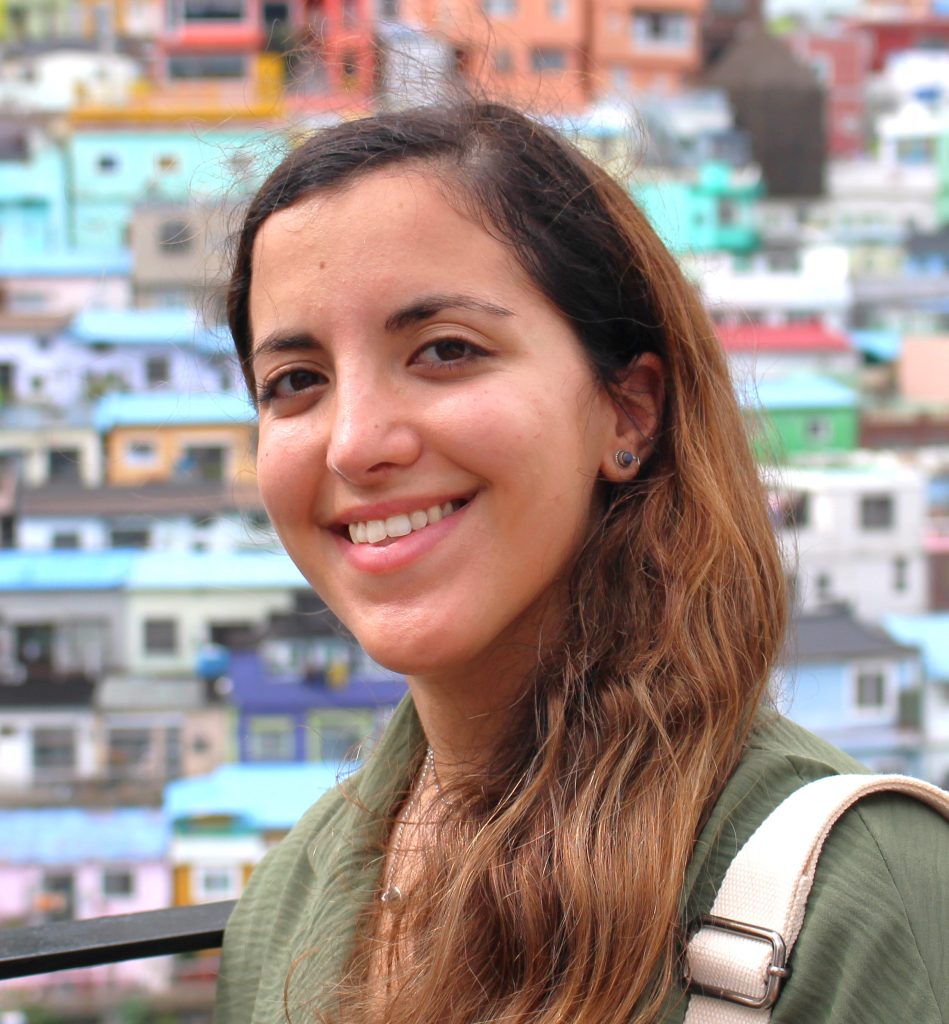
Ana Catarina Silva is a biologist with a master’s degree in Marine Ecology, specialising in microplastics research, with experience in the extraction and characterisation of microplastics (FTIR) in marine organisms, seawater, sediments and microorganisms associated with plastic debris (Plastisphere). She has experience in histopathology and aquariology. Enthusiastic about marine conservation and ocean pollution.
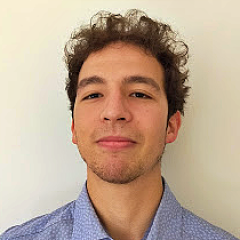
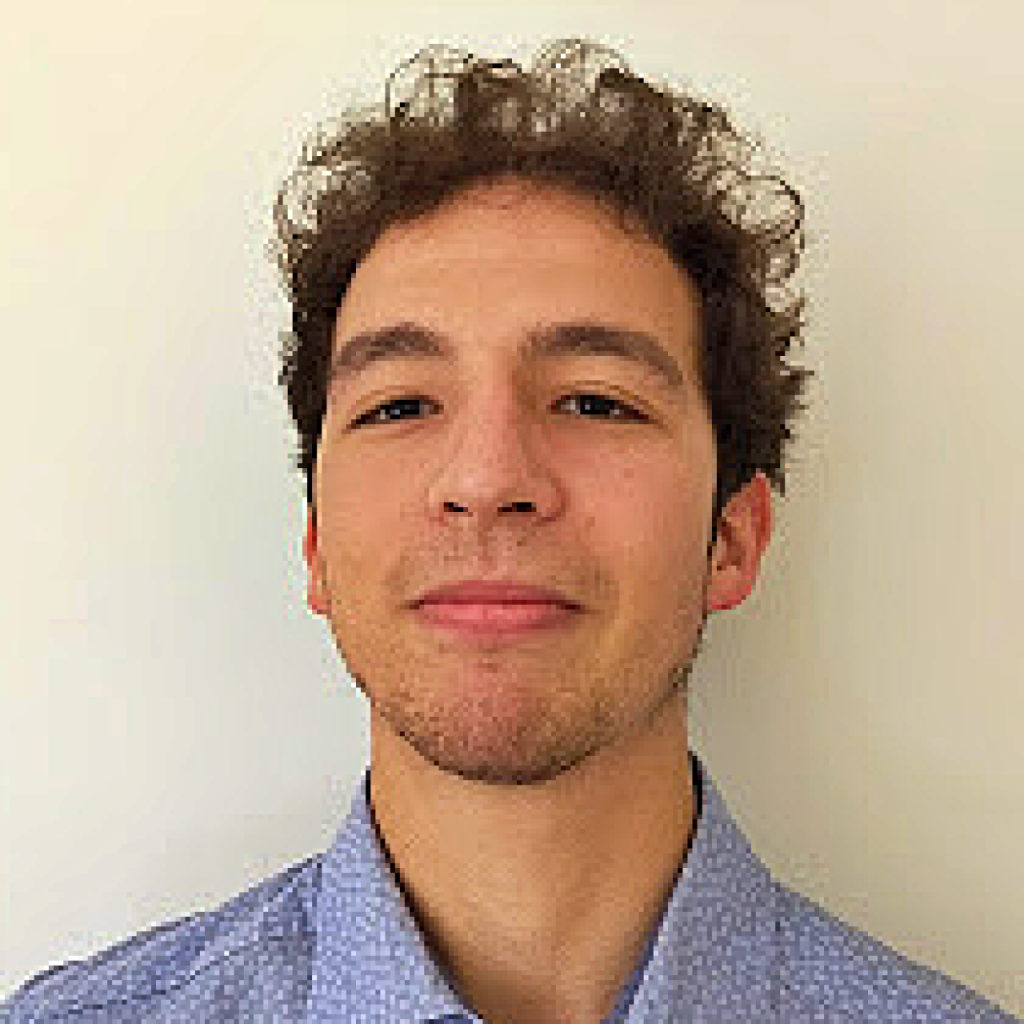
Andrea Masseroni is a PhD student in Terrestrial and Marine Environmental Sciences at the University of Milano-Bicocca (Italy). His research is mainly focused on the evaluation of the sublethal effects induced by nanoplastics on different aquatic organisms. Andrea is currently spending a period of six months at CIIMAR to study the effects of nanofibers of polypropylene in Danio rerio.
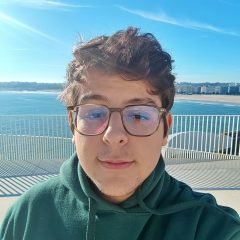
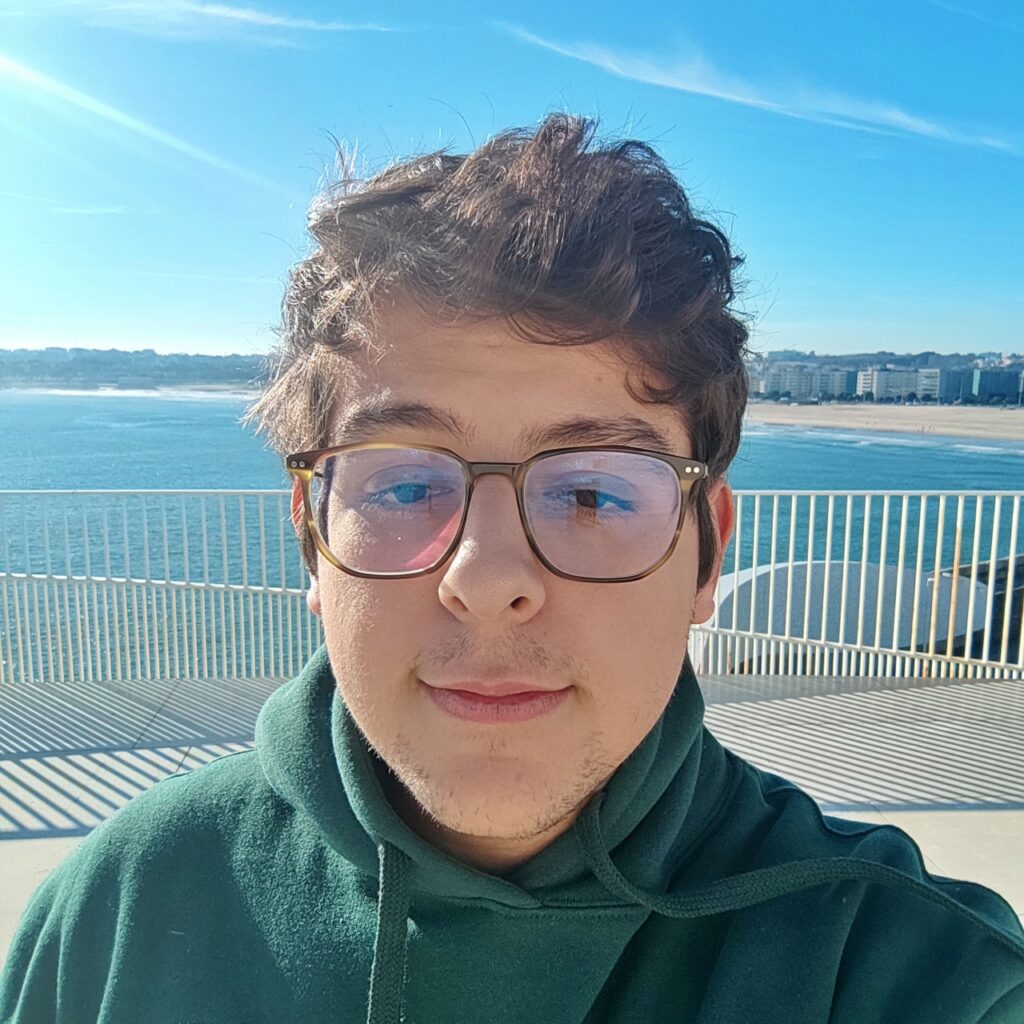
António holds a degree in Biology from the Faculty of Sciences of the University of Porto since 2021. He is a Master´s degree student in Environmental Contamination and Toxicology in Institute of Biomedical Sciences Abel Salazar that is currently working on his dissertation about the effects of key pollutants in Danio rerio.
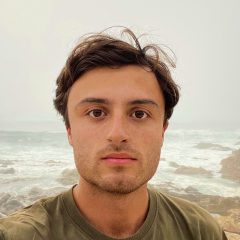
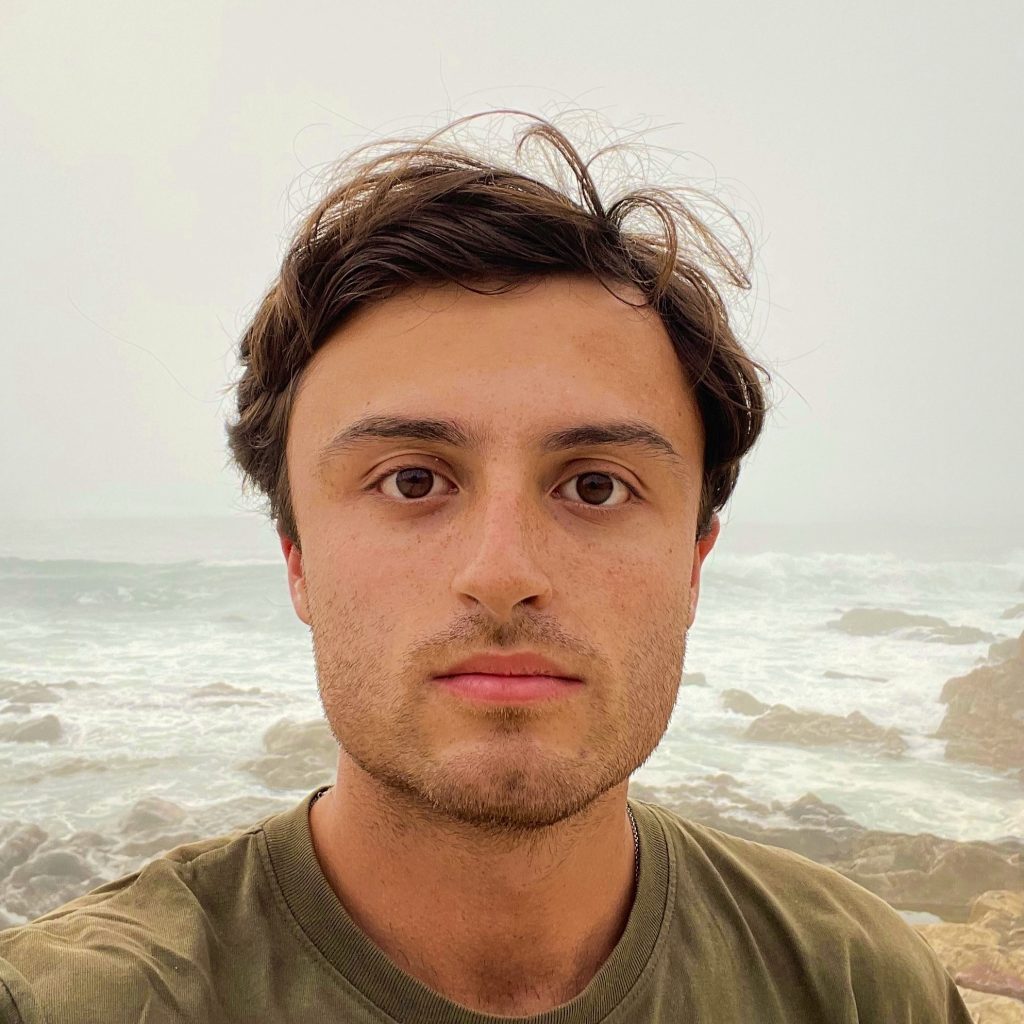
David Neves holds a degree in Environmental Health from the School of Health (2023) and is currently pursuing a Master’s in Toxicology and Environmental Contaminations at ICBAS. He is currently working on his thesis which focuses on understanding the transgenerational epigenetic effects in amphipods exposed to emerging contaminants.

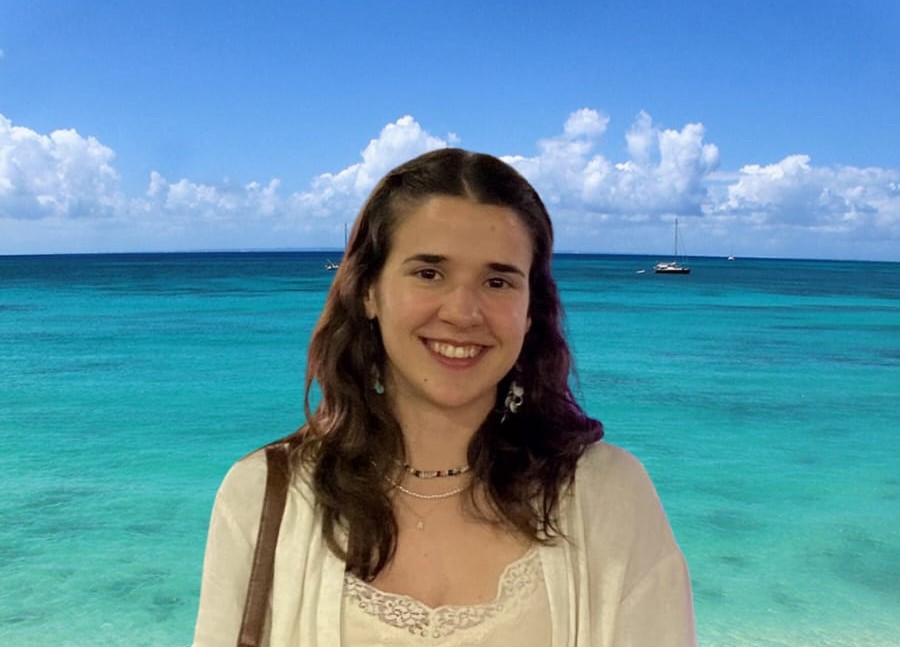
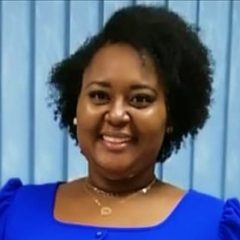
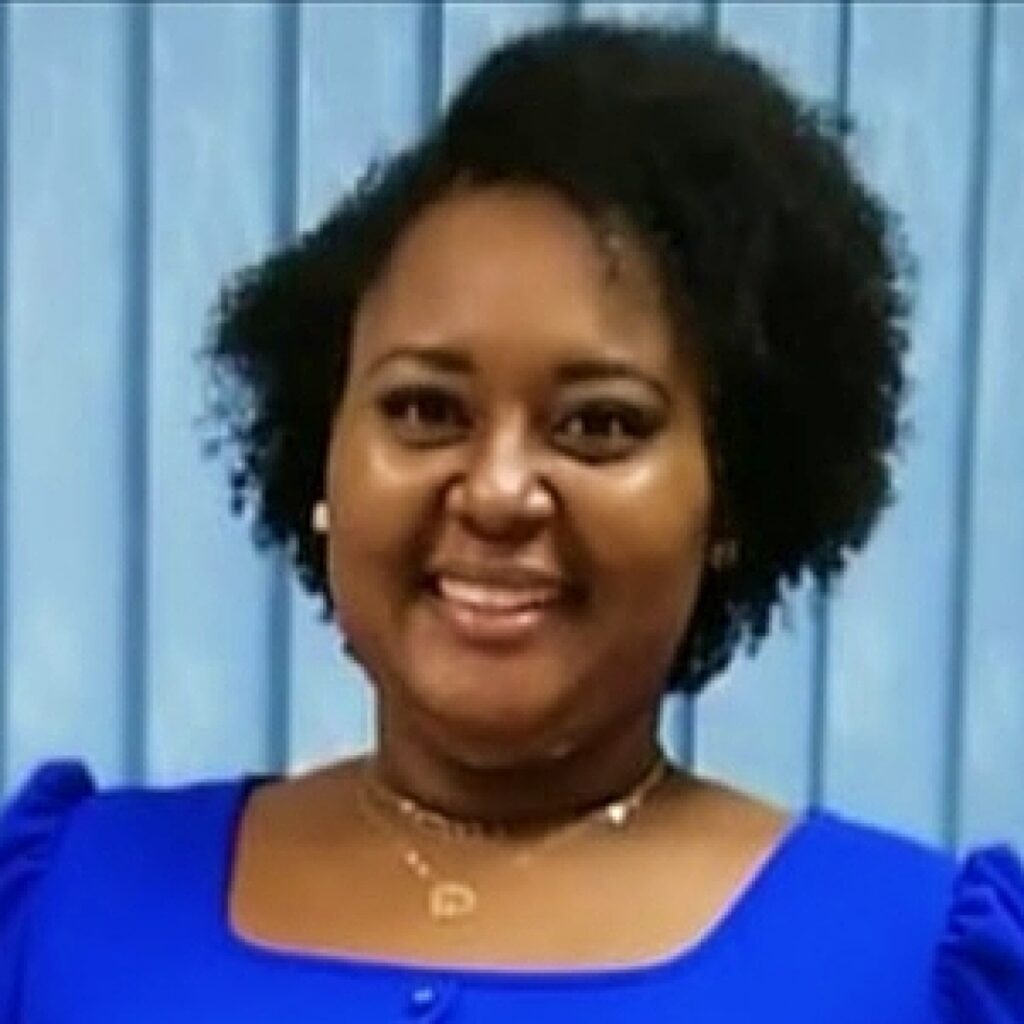
I am Panamanian graduated in Biology since 2014 at University of Panama, I expanded my studies to master in Biology, Management and Water Quality at the University of Porto in 2019. My line of research is oriented to emerging pollutants in water using the zebrafish (Danio rerio) embryo bioassays combined with a liquid chromatography-high resolution mass spectrometry. I enjoy travelling, know others cultures and dancing.

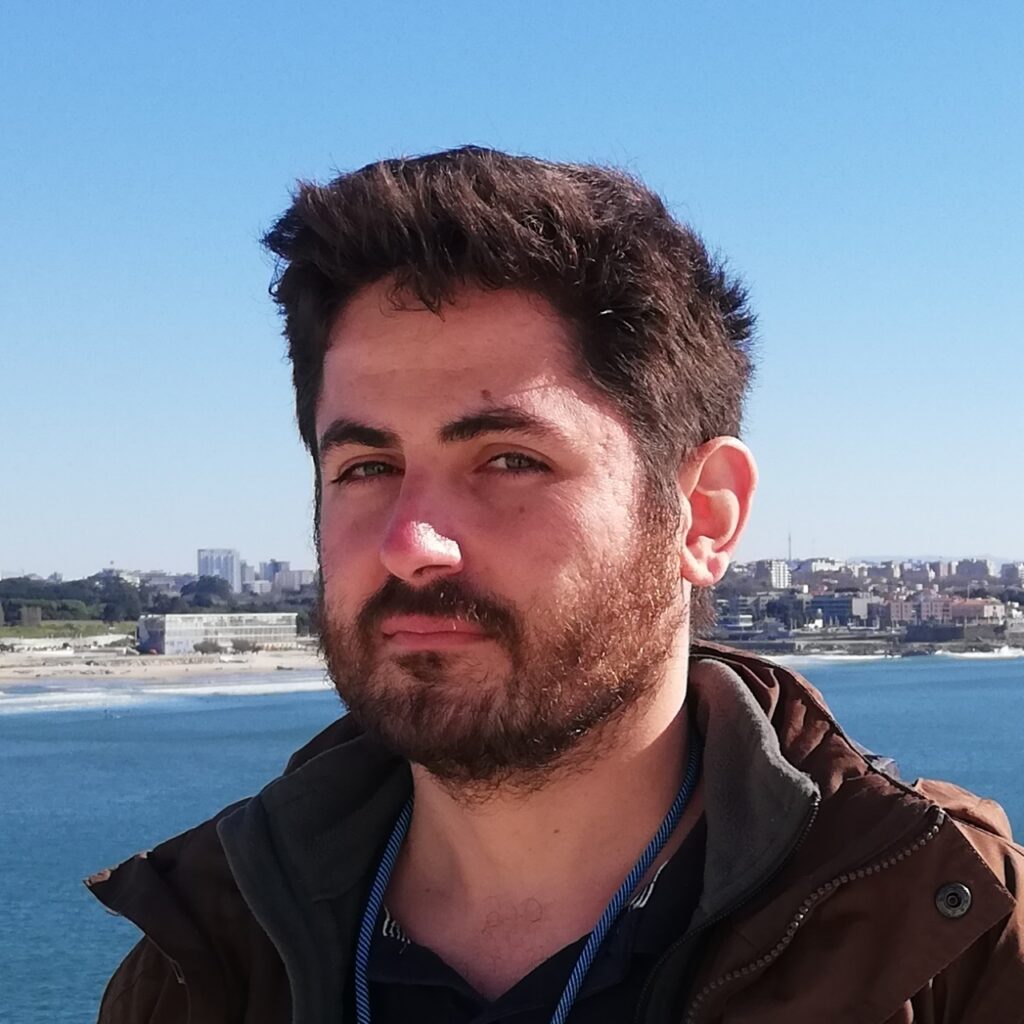
Filipe Godoi is a PhD student in Physiology/Environmental toxicology at São Paulo University and a mobility PhD student at CIIMAR-UP. B.Sc in Biology MSc in Physiology São Paulo University, LASAC vice chair and member of the directive board at SETAC Latin America. His research aims to investigate the endocrine disruptors chemicals including emerging contaminants and their multiple biological effects in non-target animals.
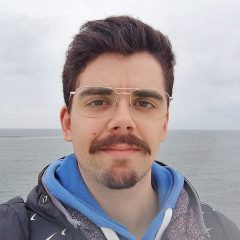
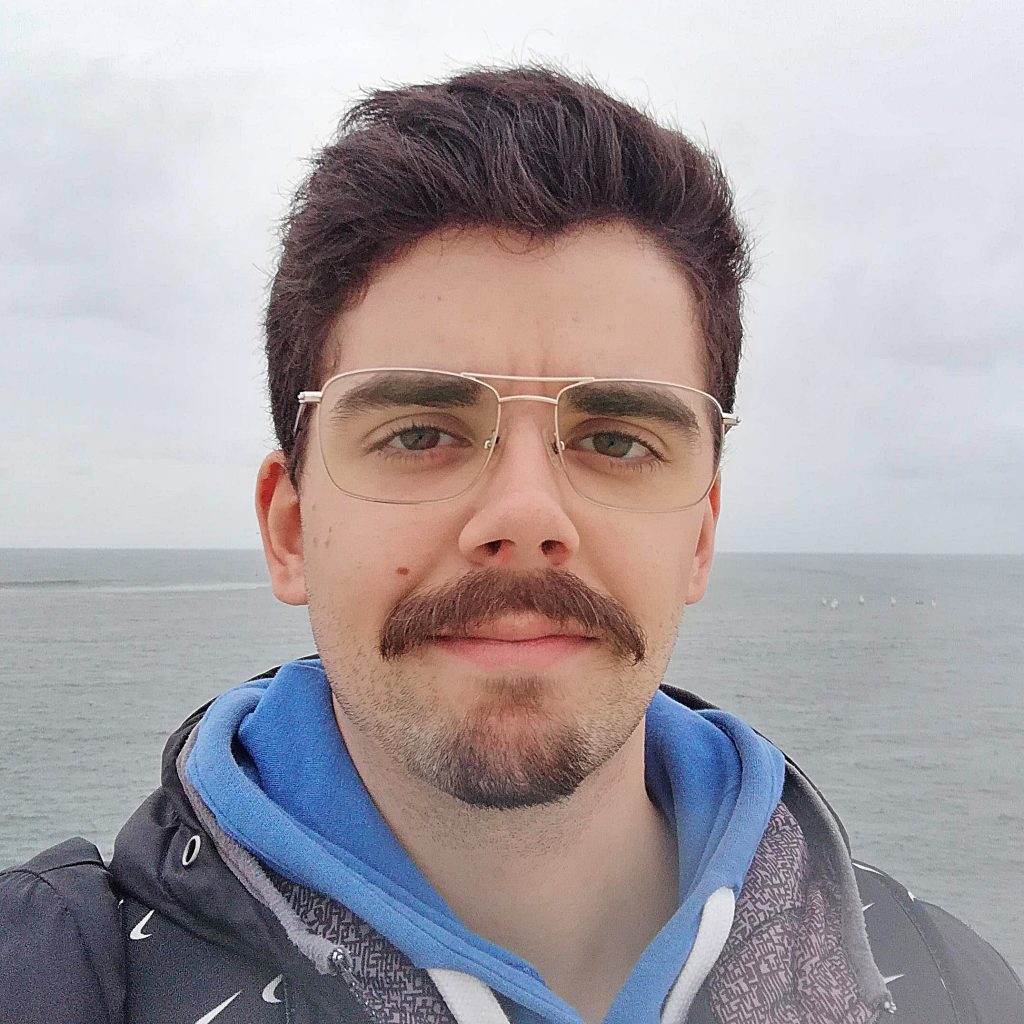
Bachelor’s degree in Biology at the Faculty of Sciences, University of Porto (FCUP), and currently pursuing a master’s degree in “Toxicology and Environmental Contaminations” at the Institute of Biomedical Sciences Abel Salazar (ICBAS). Presently developing my master’s thesis project titled “Toxicological assessment of Nitrosamines with emerging interest throughout the urban water cycle” at the EDEC laboratory in CIIMAR.

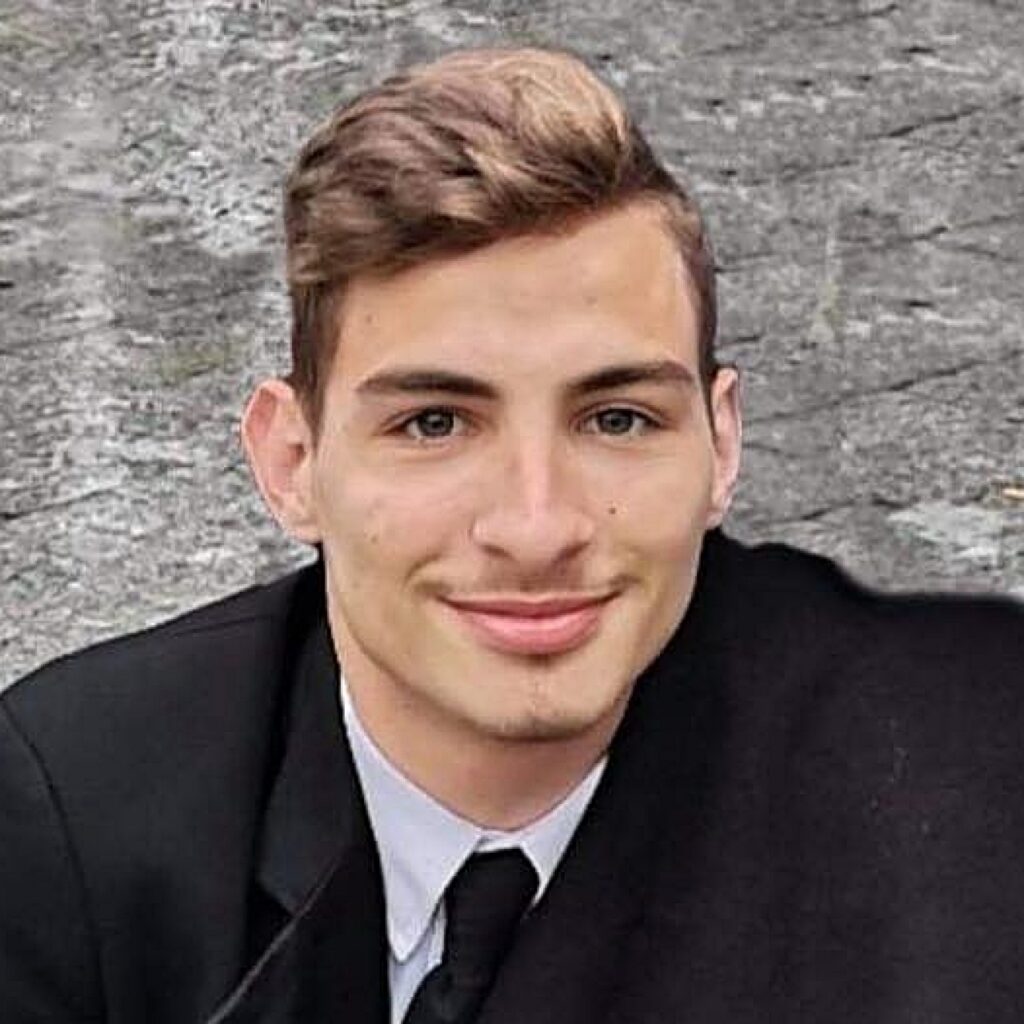
Helder Sousa is a student of the Master of Forensic Sciences (Forensic Laboratory Sciences) at the Faculty of Medicine of the University of Porto (FMUP) and graduated in Biology in the year 2021 at the Faculty of Sciences of the University of Porto (FCUP). Currently carrying out the master’s thesis entitled “Detection of New Psychoactive Substances and Classic Drugs in Prisons and Effects on Aquatic Organisms”.
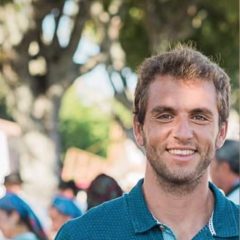
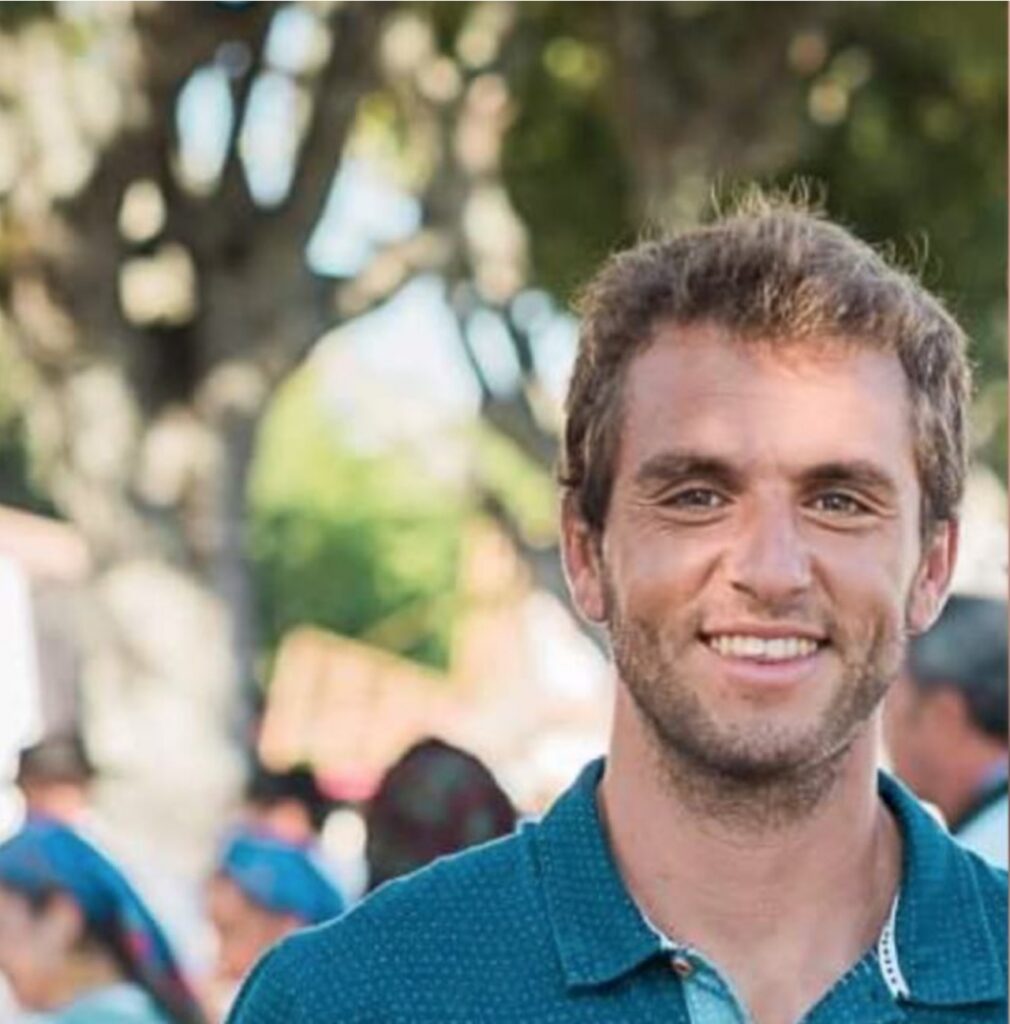
Hugo Morais is a Master in Aquaculture and specialization in Marine Resources Biotechnology at the School of Tourism and Technology of the Sea (ESTM) of the Polytechnic Institute of Leiria (IPLeiria) As a marine biologist he integrated teams of researchers with responsibilities for catch and maintenance of organisms marine ecosystems. As Researcher, he has developed several projects in marine biology and aquaculture projects. Its main interests combine the knowledge and skills acquired in order to develop research activities geared to the problems and challenges of society, in close partnership with the general public, with the greatest interest in promoting marine biology, aquaculture, fisheries and biotechnology blue.
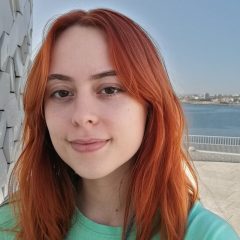
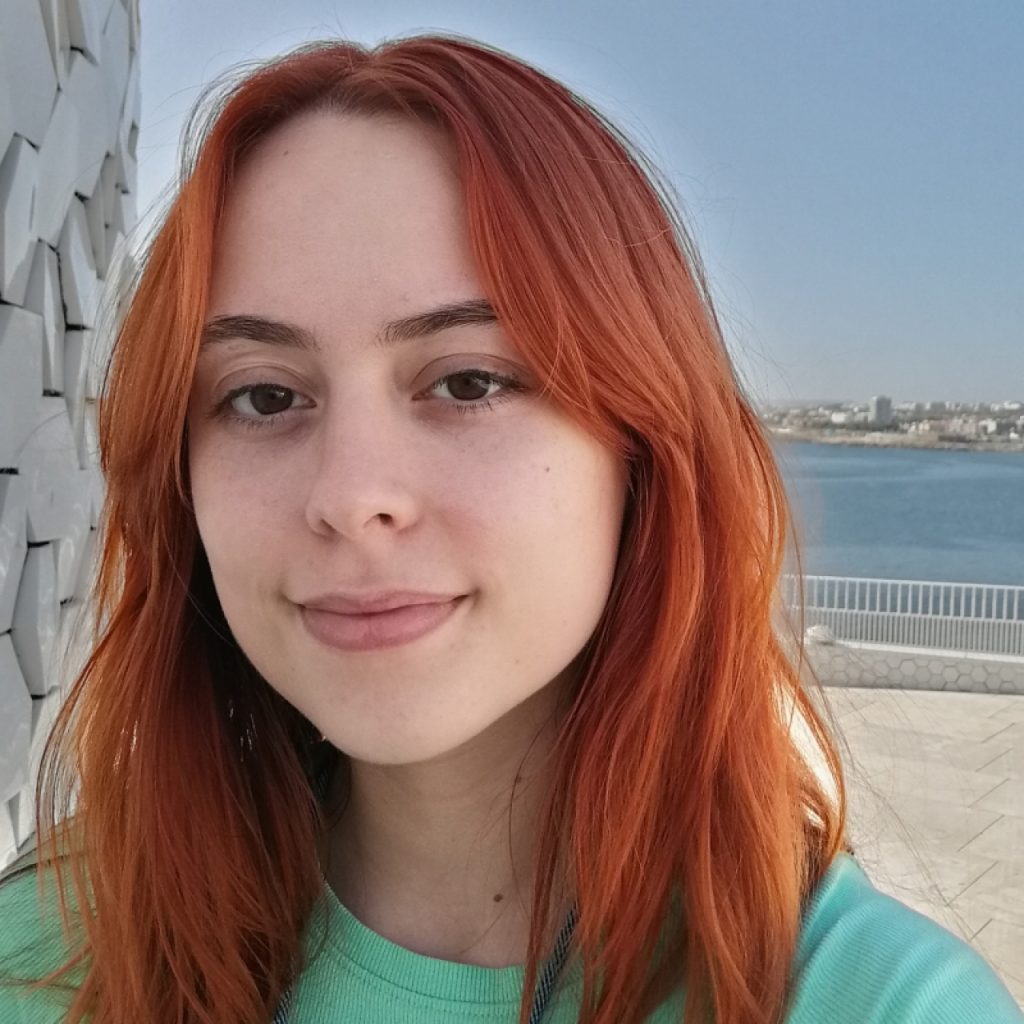
Since 2022, Jéssica Pereira Leite has held a biology degree from the University of Porto. Currently, she is pursuing her master’s degree in Cell and Molecular Biology at the University of Porto, and is working on her dissertation as part of the NIAF project on the Endocrine Disruptors and Emerging Contaminants Research Group.
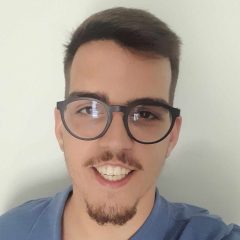
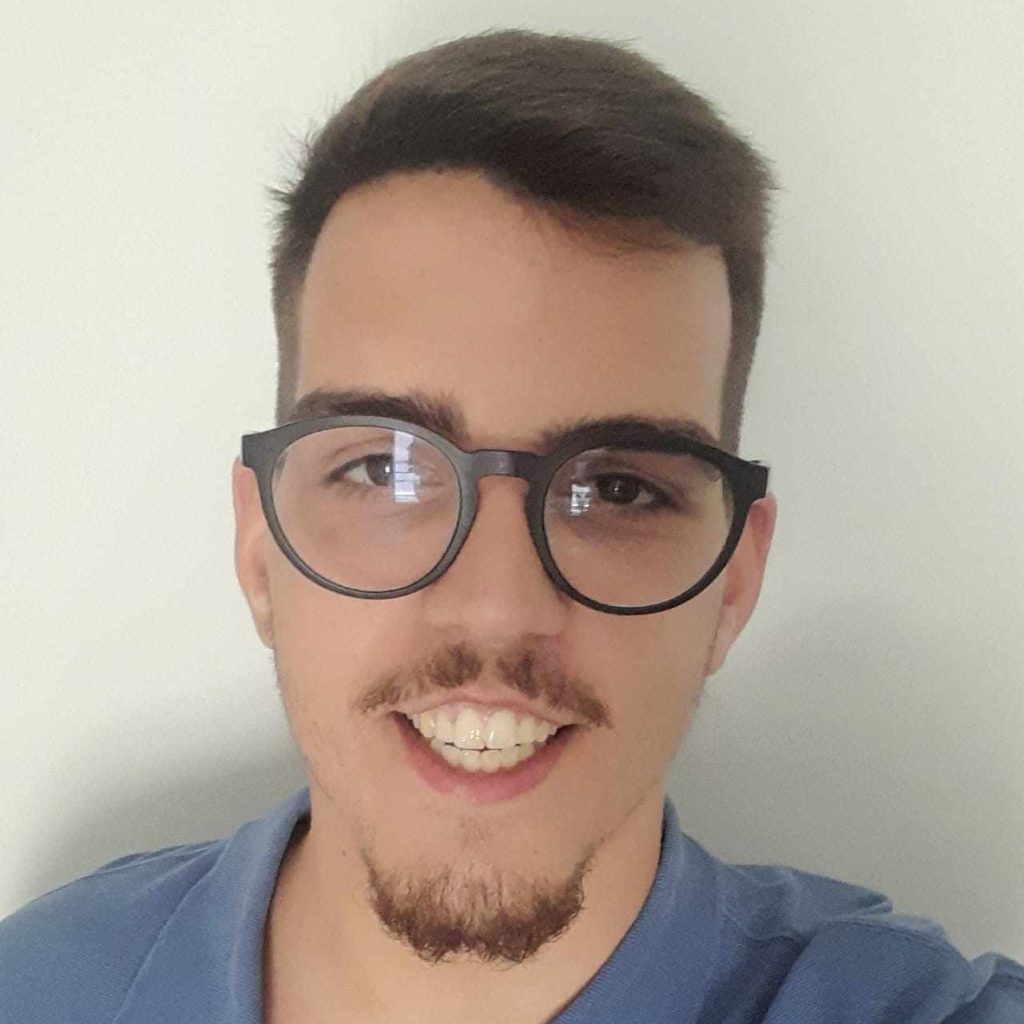
My name is João Pedro Amorim Fonseca, I’m a student on the Master’s Degree in Biology and Water Quality Management at the Faculty of Sciences of the University of Porto and I’m currently carrying out my internship project at CIIMAR, in the EDEC team. My research focuses on the characterization and identification of microplastics throughout the treatment process at the Gaia Litoral WWTP. I have a degree in Biology and Geology from the University of Trás-os-Montes and Alto Douro (UTAD) since 2022.
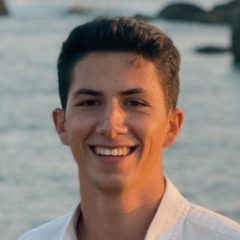
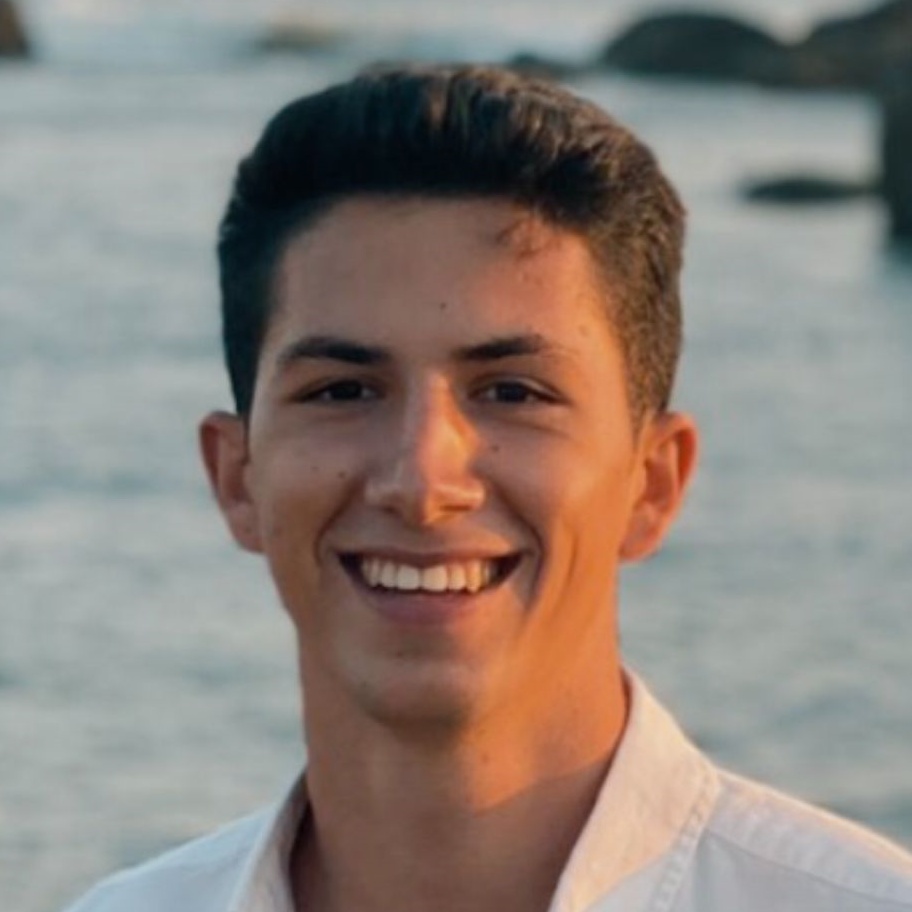
João Névoa graduated in Environmental Science and Technology in the Faculty of Sciences of the University of Porto in 2022. He is currently undertaking his master’s degree in Biology and Water Quality Management at the Faculty of Sciences of the University of Porto and is working on his master’s thesis project entitled “Assessment of the treatment capacity of Emerging Pollutants of the Gaia Litoral WWTP”.
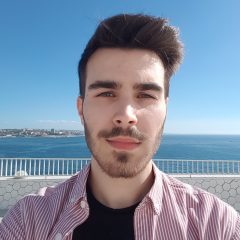
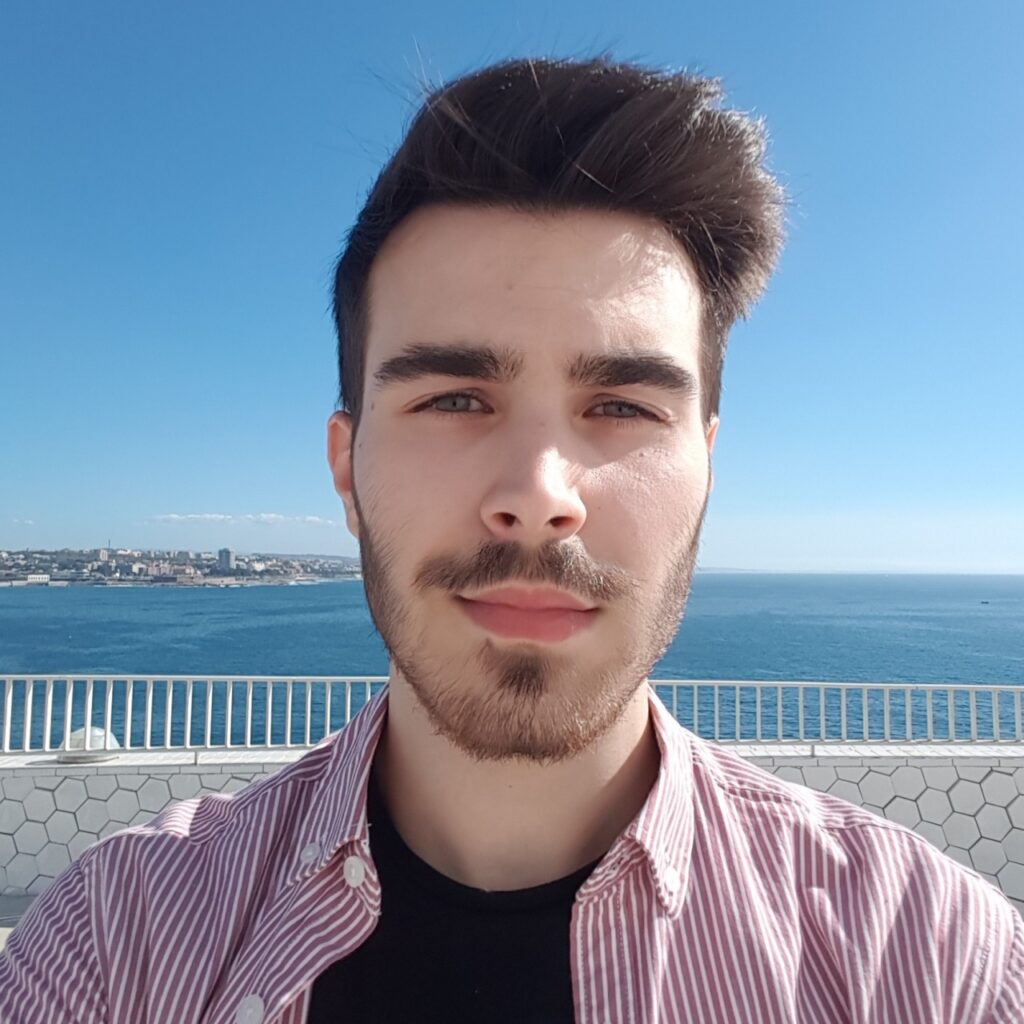
João holds a Bsc degree in Biology, and an MSc degree in Toxicology and Environmental Contamination from University of Porto. He is currently a PhD student at the same institution and at University of Lyon. His research stems from an international colaboration between CIIMAR and INRAE, and focuses mainly on endocrine disruption identification and assessment.
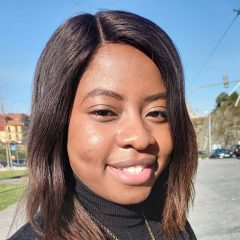
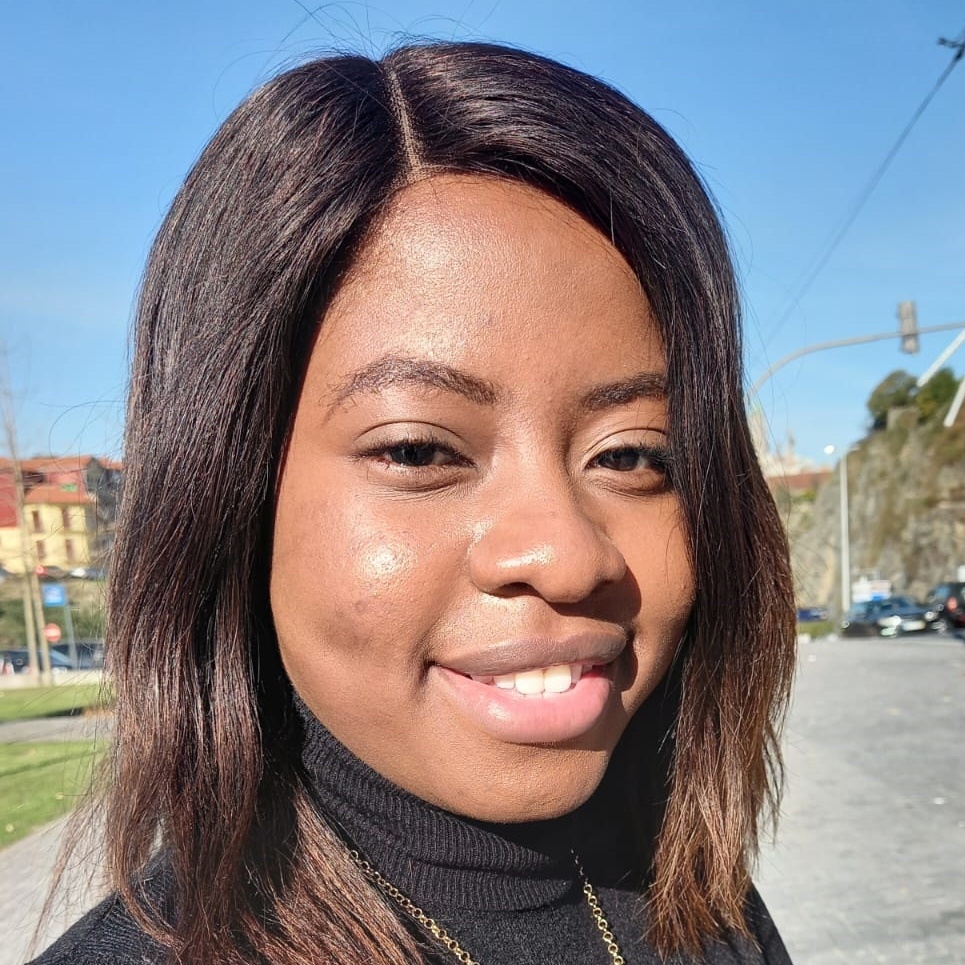
I am Josefina da Conceição Tuli, of Angolan nationality, I am 23 years old and have a
degree in Environmental Engineering from the Universidade Lusófona do Porto, and a
Master’s student in Biology and Water Quality Management at the Faculty of Sciences
of the University of Porto. My professional experience is focused on preparing
environmental plans and developing awareness activities aimed at environmental
sustainability. I also have experience in management, organization and laboratory work.
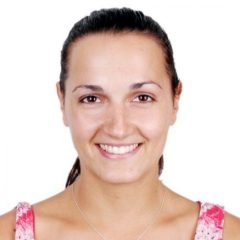
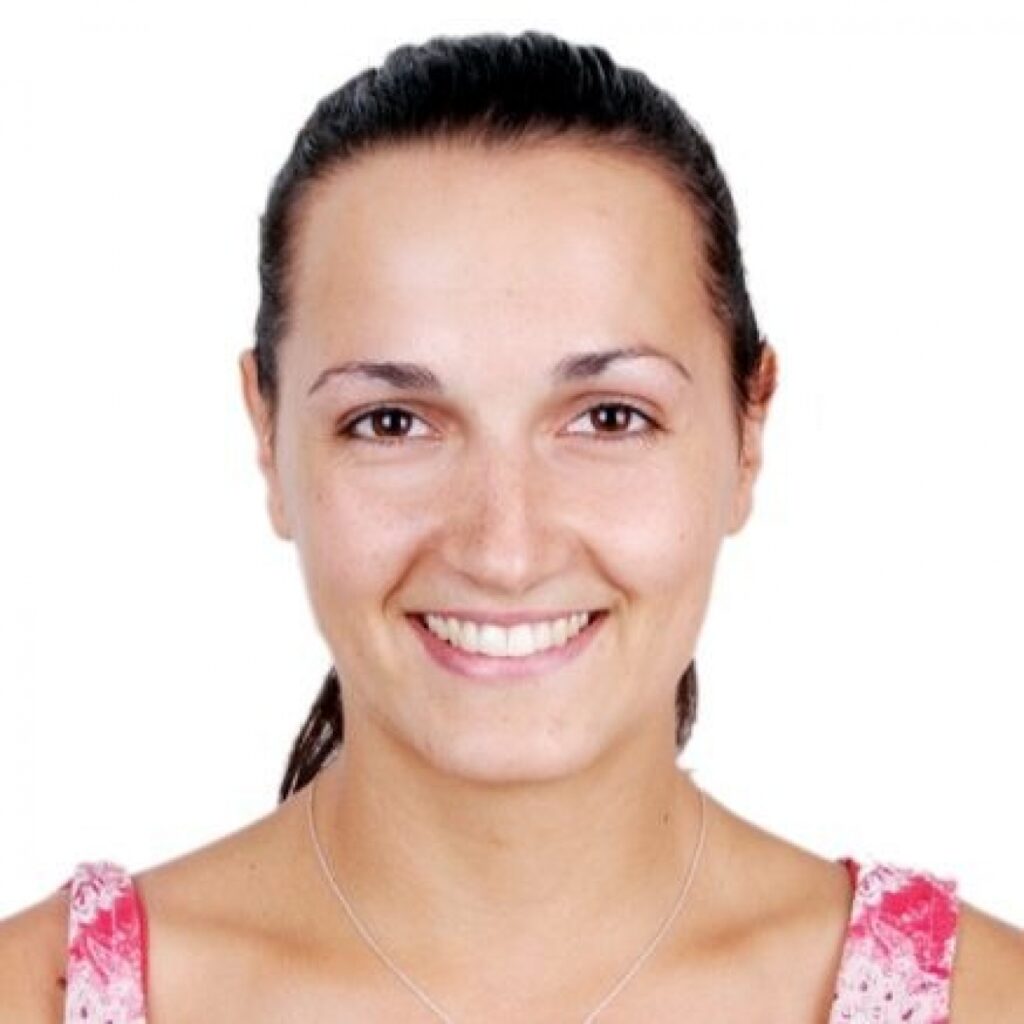
My name is Lucia Ivorra and I am doing a co-tutele PhD programme between ICBAS (University of Oporto) and ISE (Institute of Science and Environment, University of Saint Joseph (Macao)). I am enrolled in the Biomedical Science programme from ICBAS, and the title of my project is “Organochlorine pesticides (OCPs) in a mangrove system: from an environmental evaluation to a cellular-based approach.” This research includes environmental characterization of OCPs in Macao’s mangrove environment, in order to compare areas with and without vegetation; and laboratory experiments focused in dicofol (an OCPs related with DTT) bioaccumulation by clams, in order to evaluate possible cellular and physiological alterations produced by the pesticide.
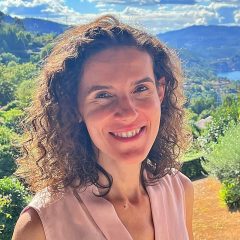
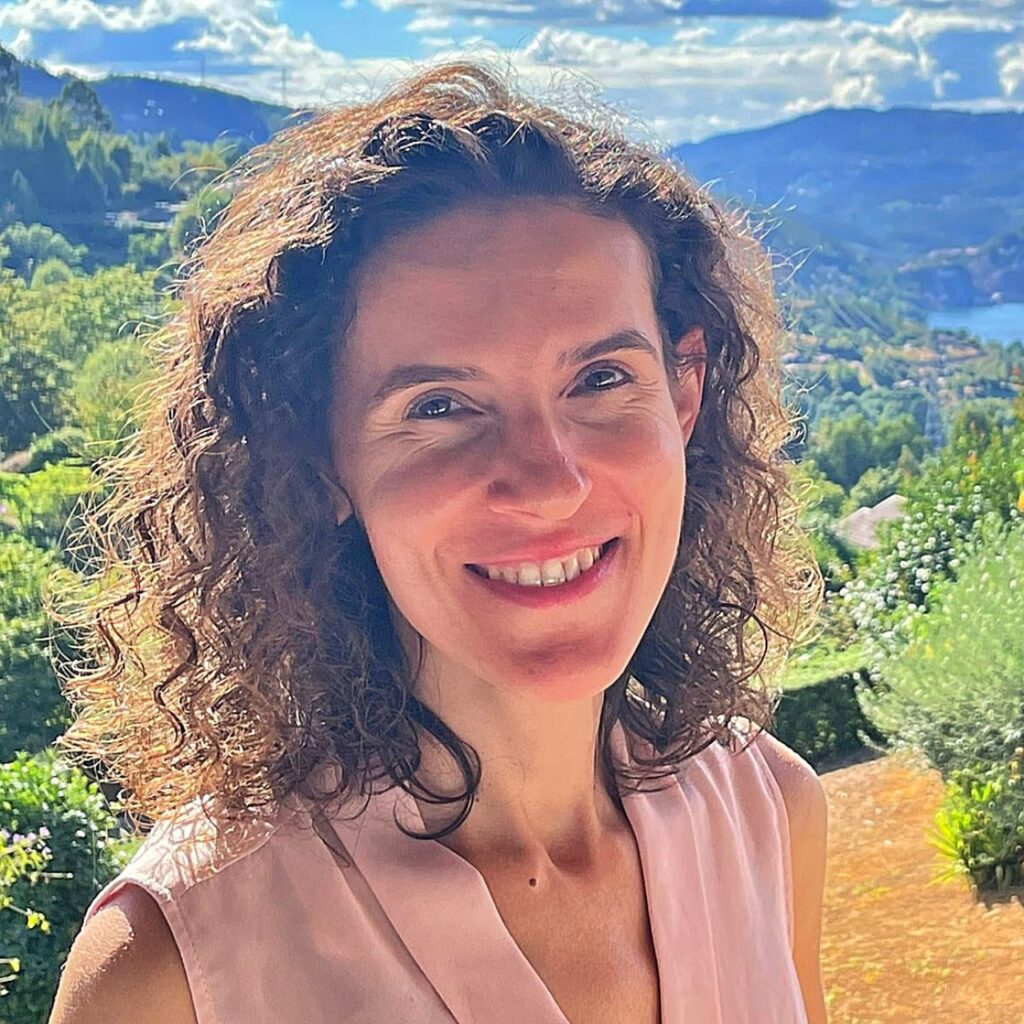
Luciana has a degree in Biochemistry and a PhD in Biomedical Sciences since 2015. She is currently a researcher at Center for Study of Animal Science (CECA/ICETA) that integrates the new associate laboratory AL4animals, and at the group of “Lysosomal Storage Disorders (LSDs)” of the National Institute of Health Ricardo Jorge (INSA). Her work is focused on developing nucleic acid-targeted therapies (CRISPR/Cas9, siRNAs and antisense oligonucleotides) and respective cellular and animal models of LSDs to evaluate them. At CIIMAR she aims to generate new in vivo models (zebrafish) for some LSDs using gene editing.
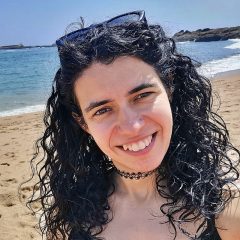
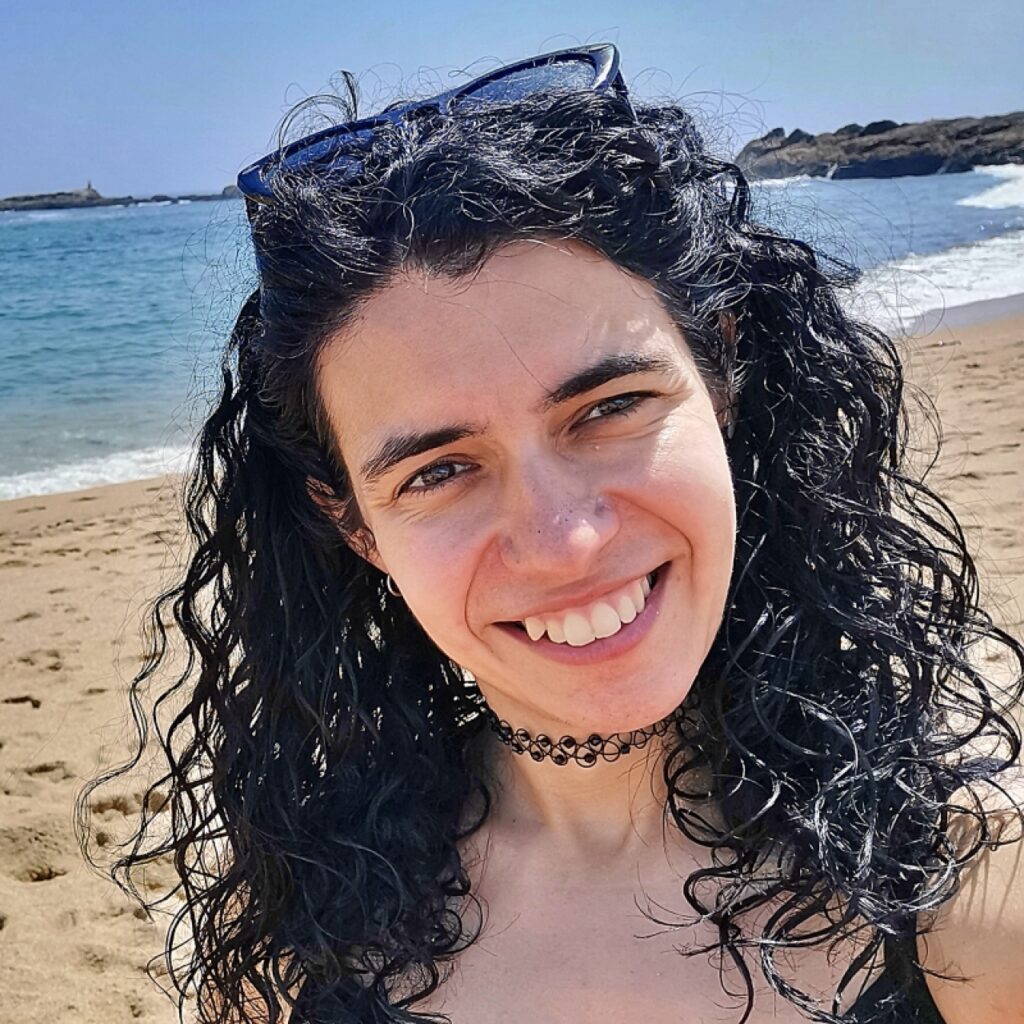
Francisca is an Auxiliary Researcher at the National Institute of Health Dr. Ricardo Jorge (INSA) and member of the FCT Research Unit, Center for the Study of Animal Science (CECA/ICETA) that integrates the new associate laboratory AL4animals.
Ever since she finished her degree in Biology, in 2007, she has been working on Lysosomal Storage Disorders (LSDs), a major group of rare genetic diseases. Over these years she contributed to the development of new methods for diagnosis and characterization of LSD patients. At EDEC, she attempting to generate novel in vivo models (zebrafish) to mimic neuropathic LSDs and study their pathophysiological mechanisms.
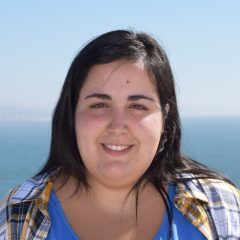
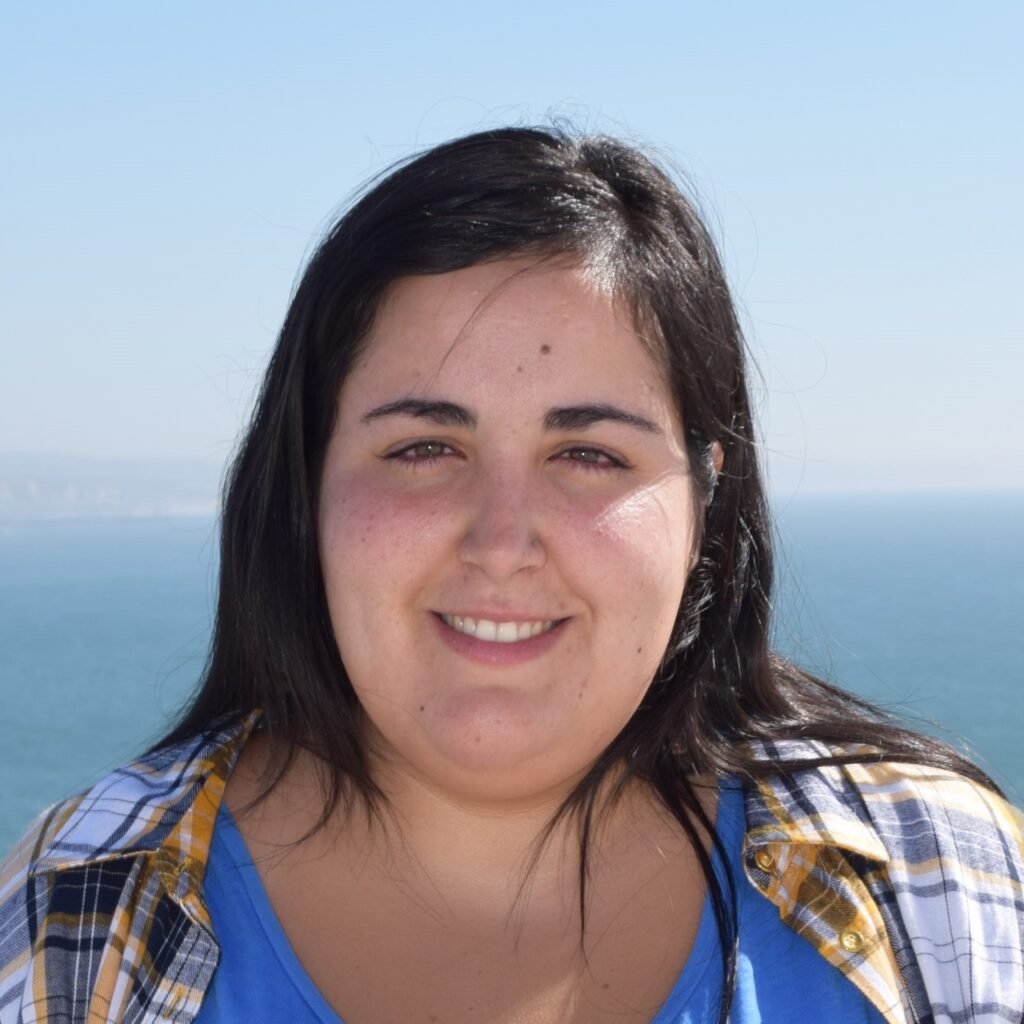
Marlene Pinheiro graduated, in 2015, in Forensic Laboratory Sciences from the University Institute of Health Sciences (IUCS-CESPU). In 2018 Marlene obtained a Master’s degree in Environmental Contamination and Toxicology from the Abel Salazar Institute of Biomedical Sciences (ICBAS) and the Faculty of Sciences (FCUP) of the University of Porto and in 2024 Marlene completed her PhD in Biology from FCUP. Currently, Marlene is a research fellow at CIIMAR focusing on assessing the effects of deep-sea mining related stressors, mainly sediment and ore plumes, and evaluating the combined exposure to rare earth elements and marine heat wave conditions in invertebrates.
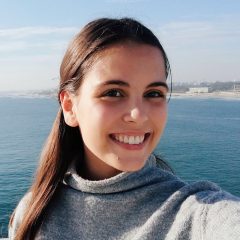
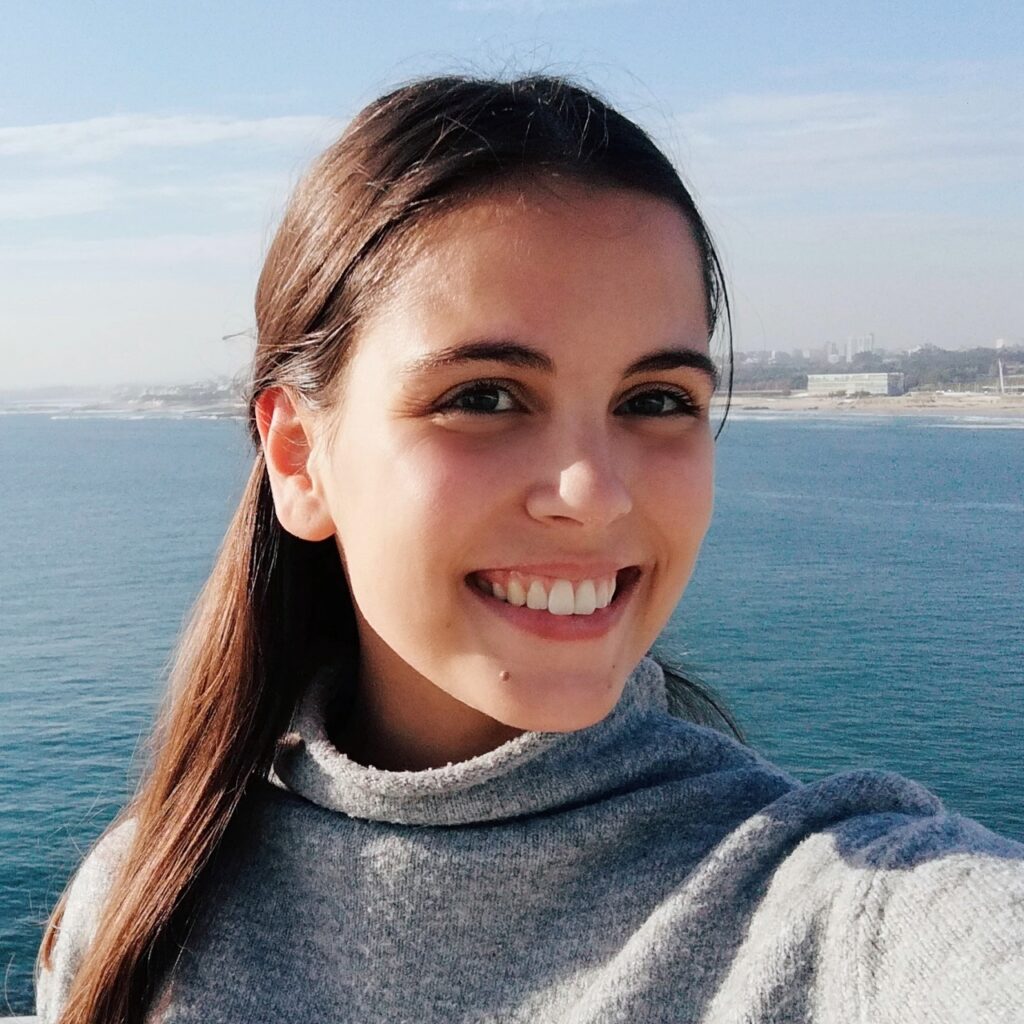
Marta Ribeiro is a PhD student in Biology, at the Faculty of Sciences of the University of Porto (FCUP), developing her project at CIIMAR in the EDEC team. Her research is mainly focused on the transgenerational effects of emergent contaminants in non-target aquatic organisms. Marta has a degree in Biology, from FCUP, since 2019 and completed her master’s degree in Environmental Contamination and Toxicology, by the Institute of Biomedical Sciences Abel Salazar of the University of Porto, in 2021.
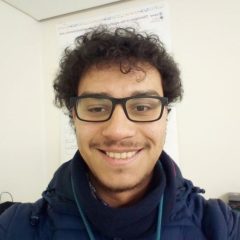
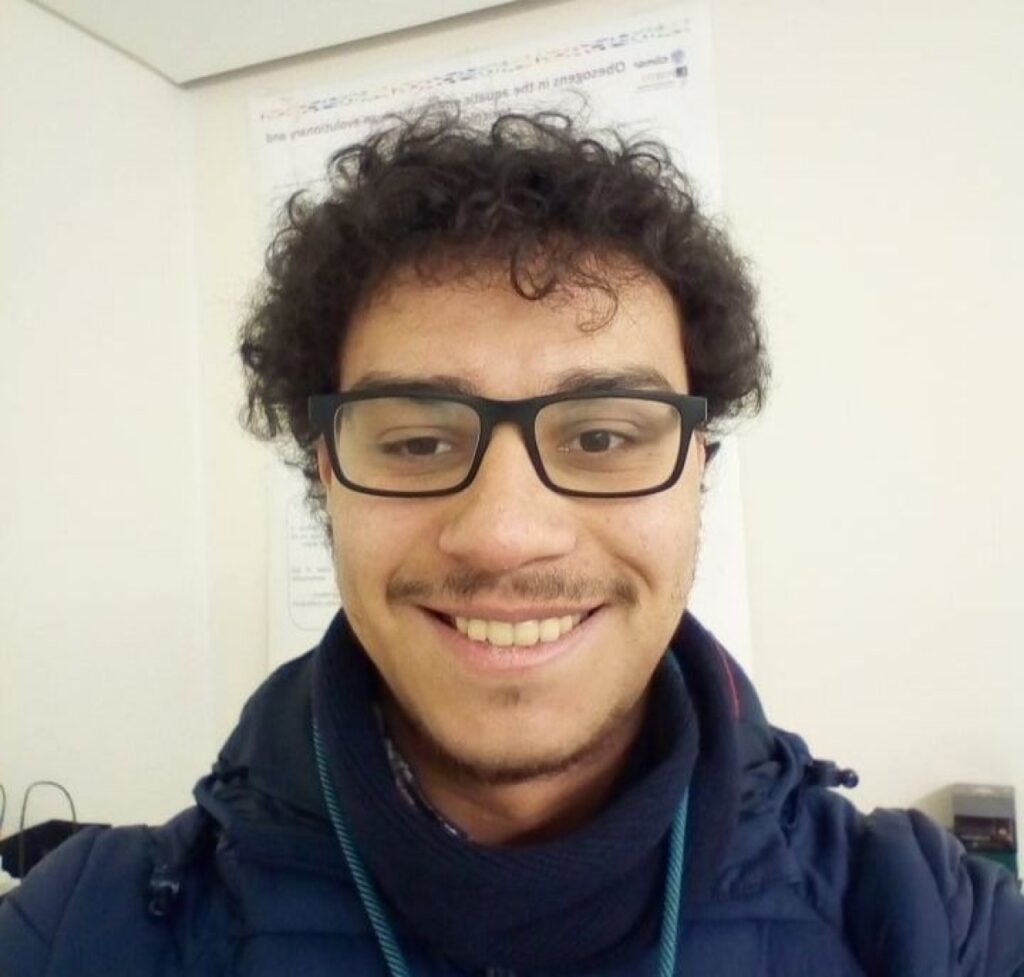
Nélson is a PhD student in Biology (FCUP) whose work is being performed in CIIMAR and University of Birmingham. His work intends to understand how certain emerging pollutants such as plasticizers and pharmaceuticals can interfere with epigenetic regulation in gonads and how these effects can be inherited in the following generations and perpetuated to non-exposed generations. He uses sequencing approaches such as RNA-seq and ChIP-seq to unravel these effects.
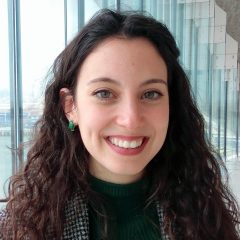
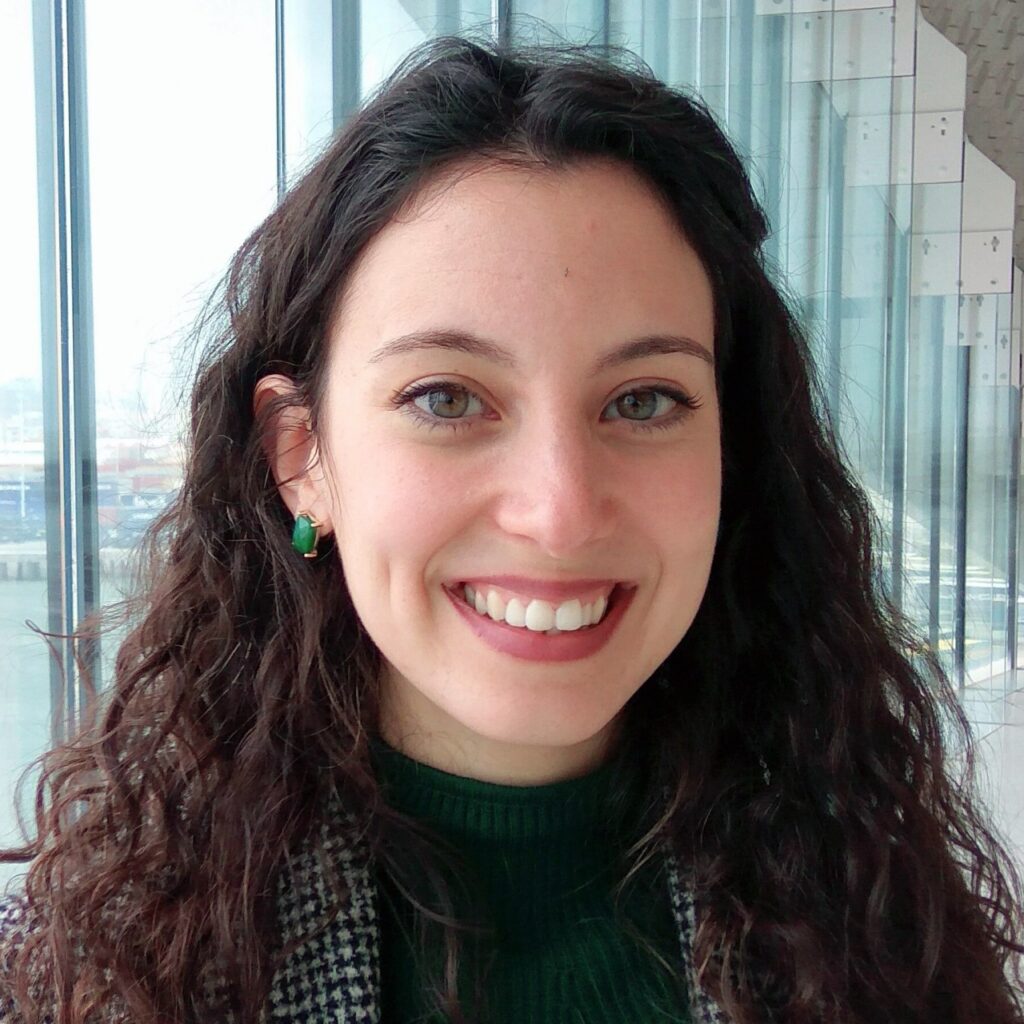
Raquel Chaves is a researcher at CIIMAR-UP. She holds a PhD in Environmental Health (2022) granted by FMUL-UL with EPAL- Grupo Águas de Portugal. She graduated in Environmental Sciences and Technology (2011) from FCUP-UP with a master degree in Toxicology and Environmental Contamination (2013) from ICBAS-UP. Her current research interests include environmental and health risk assessment of emerging contaminants, safety plans of drinking water and toxicological characterization of disinfection by-products.
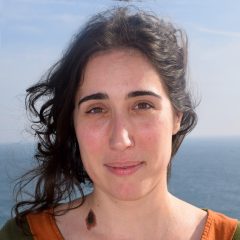
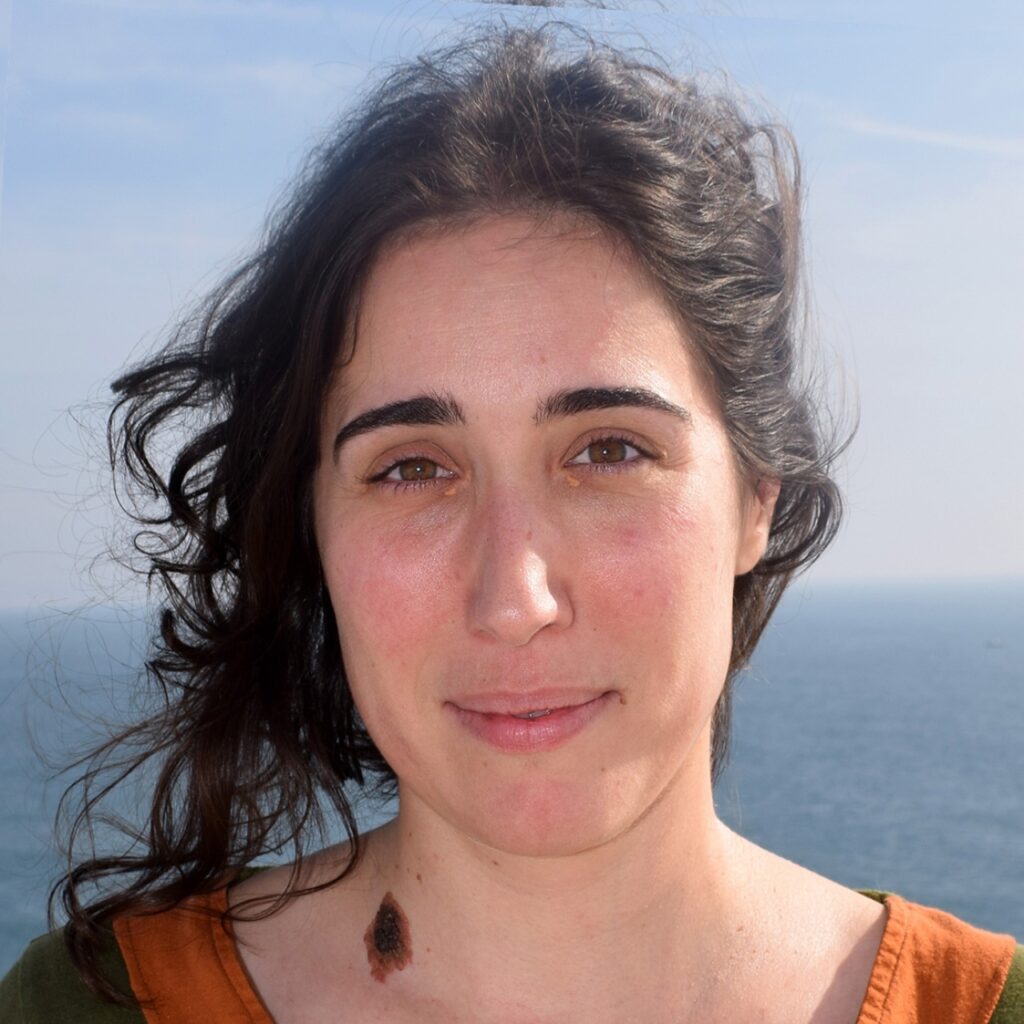
Raquel Ruivo is a Researcher at CIIMAR. She holds a degree in Biology from the University of Aveiro (2005) and a PhD in Life Sciences, Biology and Health, awarded by the Paris-Sud University (2009). Her current research interests include comparative genomics and evolution, molecular toxicology and endocrine disruption.
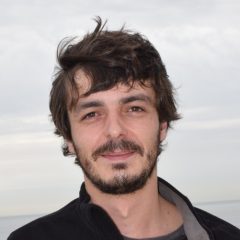
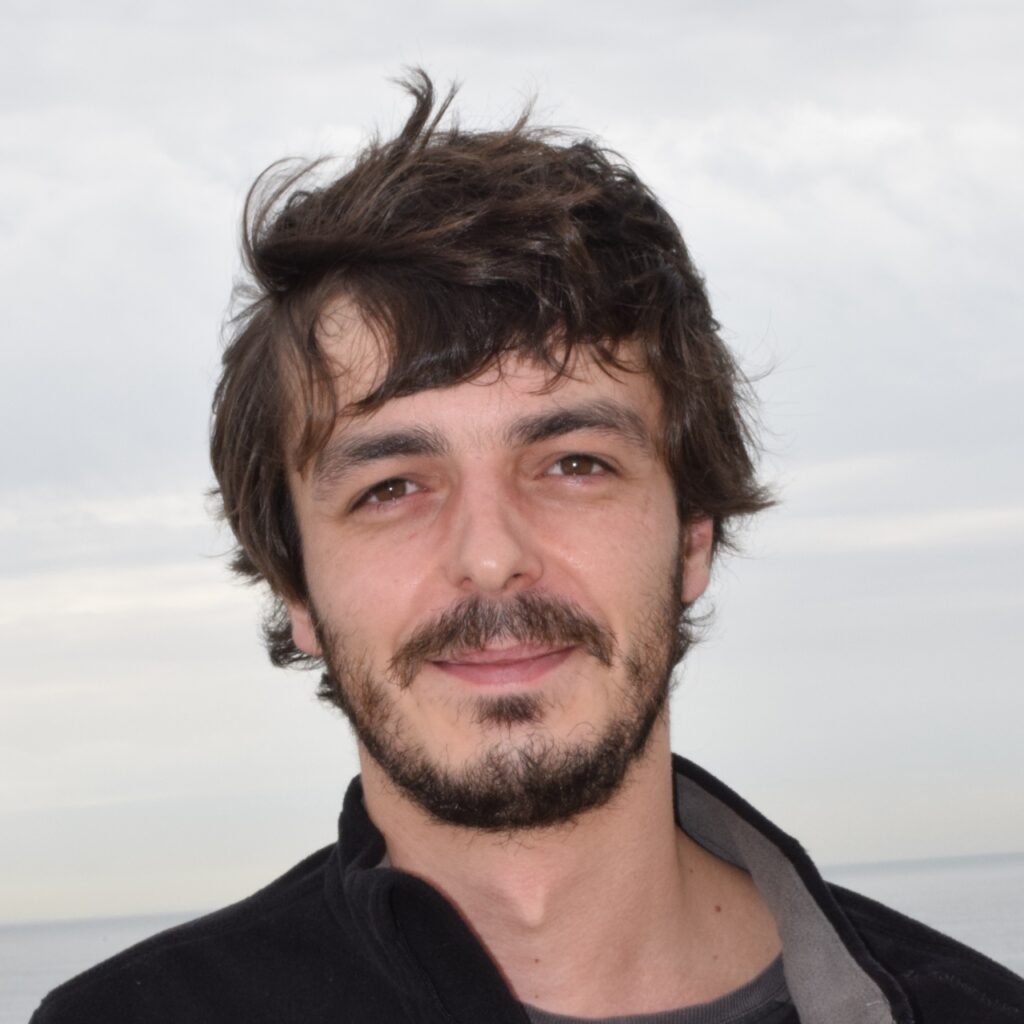
I have received the Degree of Aquatic Sciences at the Institute of Biomedical Sciences Abel Salazar in 2008, and the Masters degree of Aquatic Resources in 2010, at the Sciences Faculty of Porto University. Since then, I've carried out my academic career with several grants associated with research projets, first in the Laboratory of Environmental Toxicology and from 2014 to present, in the Endocrine Disruptors and Emergent Contaminants Group, both on the Interdisciplinary Centre for Marine and Environmental Reserch. Currently a PhD grant holder in the Biology program at Sciences Faculty of Porto University.
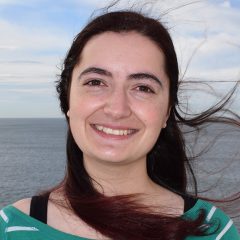
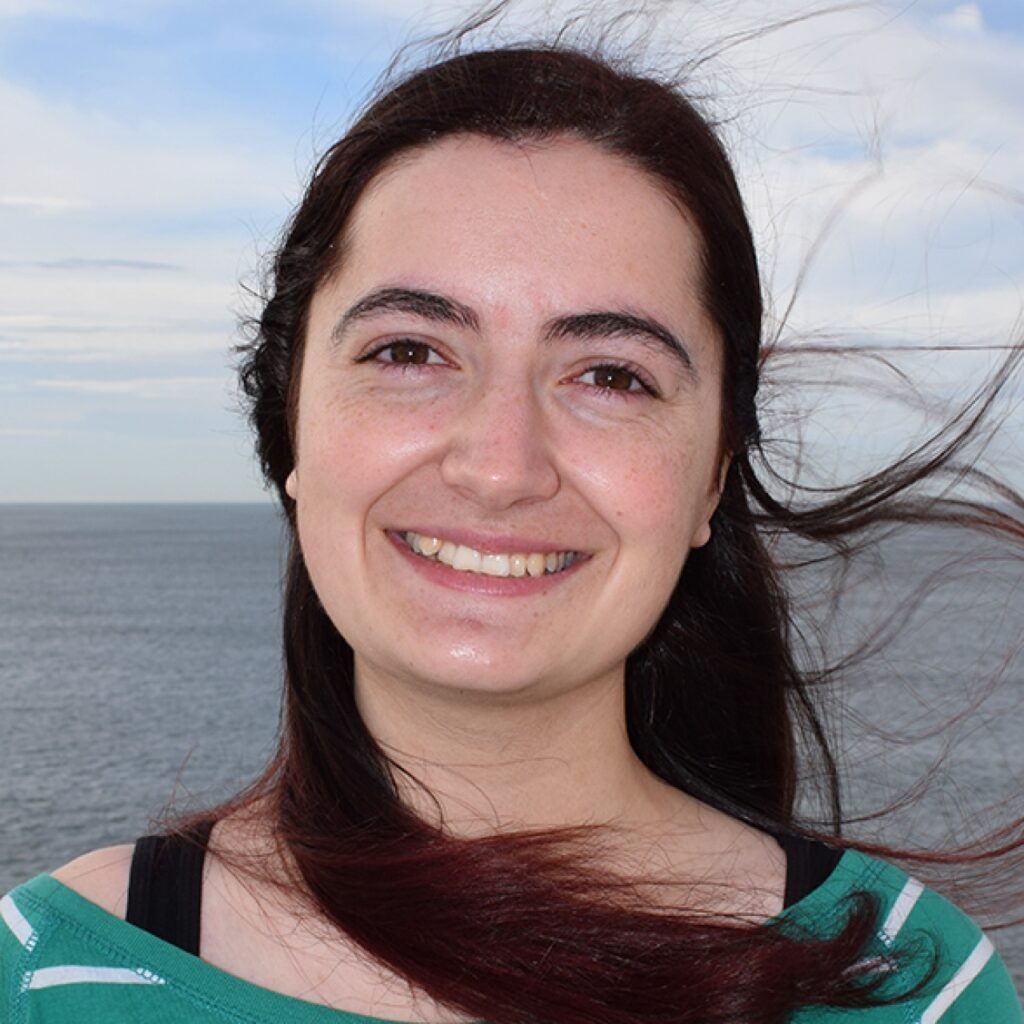
Susana Barros graduated in Biology in 2015 and obtained her Master’s degree in Environmental Contamination and Toxicology in 2017 by the University of Porto. Currently she is a PhD student at CIIMAR, in the Endocrine Disruptors and Emergent Contaminants (EDEC) team, in collaboration with the Centre for the Research and Technology of Agro-Environmental and Biological Sciences (CITAB-UTAD) and the Institute of Research on Chemical and Biological Analysis (IAQBUS-USC). Her research is mainly focused in the generational effects of exposure to endocrine disruptors and emergent contaminants in non-target aquatic organisms.


T.Neuparth hold a PhD in Environmental Sciences(2004) at Nova University of Lisbon. Since then, she has carried out 13 years of Postdoctoral research and from 2018-2023, was Auxiliary Researcher at CIIMAR Endocrine Disruptors and Emerging Contaminants Group-EDEC, becoming Principal Investigator at CIIMAR in2023. She has been conducting research on risk-assessment and management of environmental contaminants that involve multi-level markers in full-life-cycle, multi and transgenerational bioassays. T.Neuparth has also been involved in the preparedness to HNS spills and in studying the impacts of deep-sea mining. Recently, she has expanded her interests to Transgenerational Epigenetic studies in the context of environmental sciences.
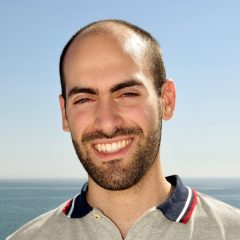
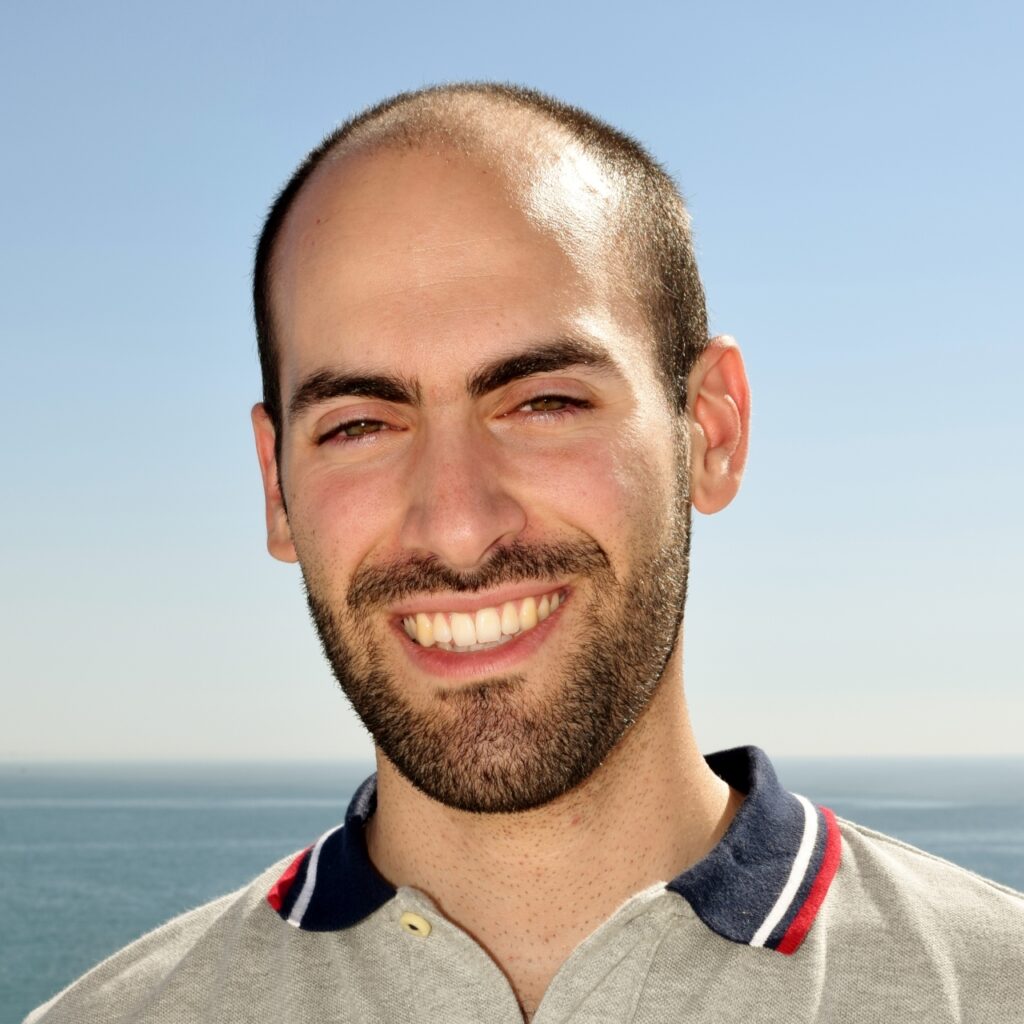
Tiago Torres is a PhD student at Faculty of Sciences of the University of Porto (FCUP). He is graduated in Biology from FCUP in 2011 and received his master degree in Environmental Contamination and Toxicology in 2013 from ICBAS-University of Porto. His research interests focus on ecotoxicology, more specifically on the role of emergent contaminants on organisms and ecosystems and their multi- or transgenerational toxic and epigenetic effects.
Marlene Pinheiro, Irene Martins, Joana Raimundo, Miguel Caetano, Teresa Neuparth, Miguel M Santos
2023Total Environment, Volume, 876, Páginas, 162557Susana Barros, Nélson Alves, Marlene Pinheiro, Marta Ribeiro, Hugo Morais, Rosa Montes, Rosario Rodil, José Benito Quintana, Ana M Coimbra, Miguel M Santos, Teresa Neuparth
2023Environmental Science & Technology, Volume, 57 (2), Páginas, 1049-1059Raquel Ruivo, João Sousa, Teresa Neuparth, Olivier Geffard, Arnaud Chaumot, L Filipe C Castro, Davide Degli-Esposti, Miguel M Santos
2022Toxics, Volume 10, Páginas, 6Nelson Alves, Teresa Neuparth, Susana Barros, Miguel M Santos
2022Ecotoxicology and Environmental Safety, Volume, 209, Páginas, 111849Raquel S Chaves, Catarina S Guerreiro, Vítor V Cardoso, Maria J Benoliel, Miguel M Santos
2020Science of The Total Environment, Volume, 742, Páginas, 140522Teresa Neuparth, André M Machado, R Montes, R Rodil, Susana Barros, Nélson Alves, Raquel Ruivo, L Filipe C Castro, JB Quintana, Miguel Machado Santos
2020Environment International, Volume, 144, Páginas, 106020Soares, J., Fernandes, R., Brito, D., Oliveira, H., Neuparth, T., Martins, I., Santos, M.M.
2020Sci Total Environ 715, 136801Website by: Glitz Design